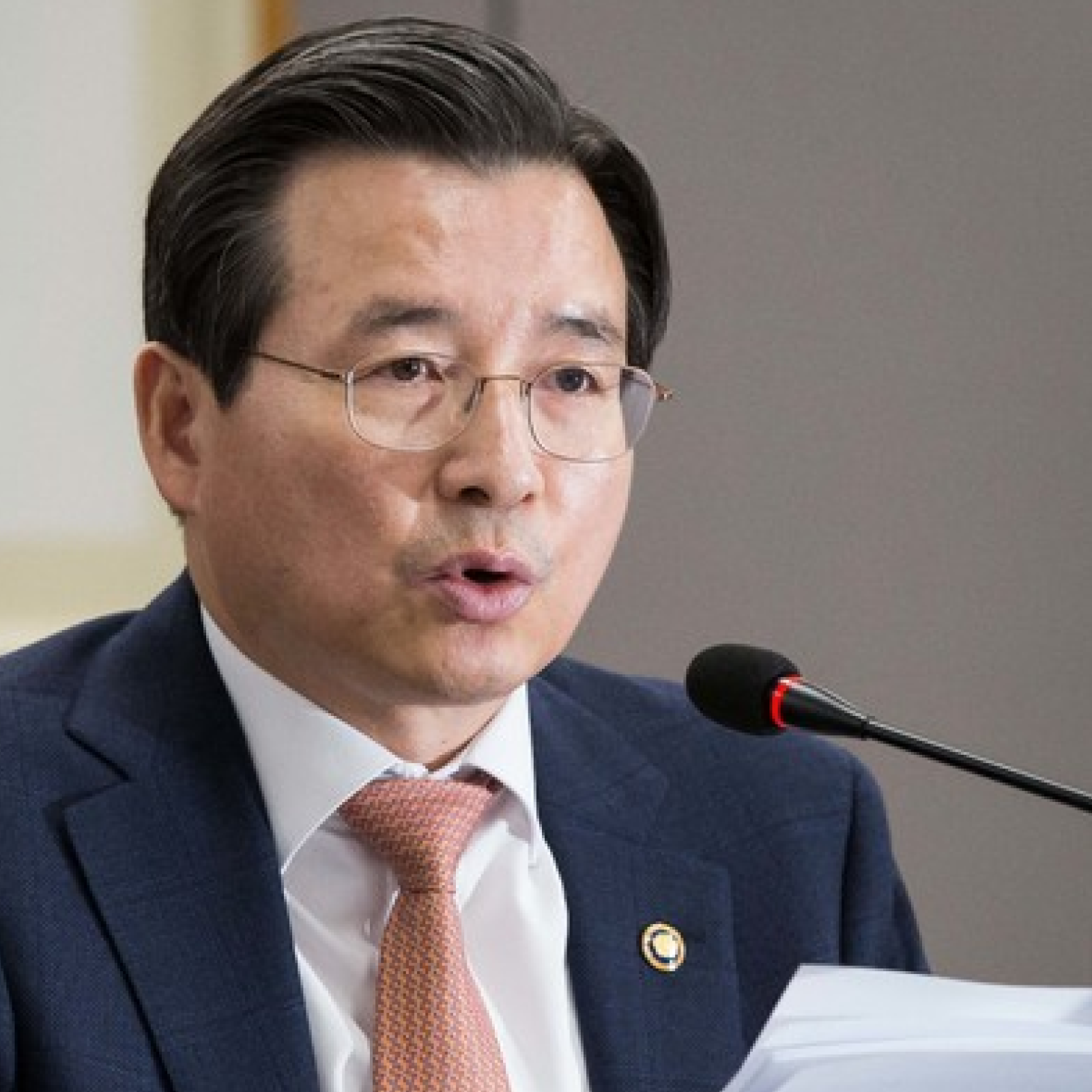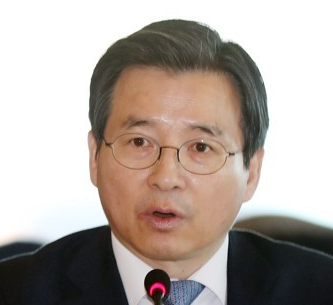
South Korea’s top financial regulator recently told 23 other countries’ regulators that the kimchi premium has fizzled since the anonymous trading of cryptocurrencies was banned in the country. Now, the government is introducing a new guideline to prevent local crypto exchanges from buying cryptocurrencies at foreign exchanges.
Also read: Yahoo! Japan Confirms Entrance Into the Crypto Space
Kimchi Premium Disappearing
Kim Yong-beom, the vice chairman of South Korea’s top financial regulator, the Financial Services Commission (FSC), attended a meeting of the Financial Stability Board (FSB) in Basel, Switzerland, earlier this week.
 The FSB is an international body that monitors and makes recommendations about the global financial system. Its members are financial regulators and central bankers from 24 countries as well as the International Monetary Fund, the Bank of International Settlements, the World Bank, the European Central Bank, and the European Commission.
The FSB is an international body that monitors and makes recommendations about the global financial system. Its members are financial regulators and central bankers from 24 countries as well as the International Monetary Fund, the Bank of International Settlements, the World Bank, the European Central Bank, and the European Commission.
According to the FSC’s statement issued this week, Kim told other world regulators that “The so-called kimchi premium stood at 0.6 percent on June 19,” Yonhap described. In comparison, he noted that “On Jan. 7, a speculative rally in bitcoin in South Korea prompted investors to pay premiums of 46.7 percent compared with international prices.” The vice chairman was further quoted by the news outlet:
Currently, there are small price gaps in cryptocurrency between local and international markets.
At the time of this writing, the price of BTC on Bitfinex is $5,875 while its won price on Bithumb equates to $5,947.
Government Believes Real-Name System is Working
The South Korean government introduced the real-name system for cryptocurrency accounts at the end of January, effectively “banning the use of anonymous bank accounts in transactions to prevent virtual coins from being used for money laundering and other illegal activities,” the publication described. “The real-name trading system was also part of the government’s latest measures to curb speculative investment into virtual money.”
However, since its introduction, the system has often been criticised because only a few banks decided to offer to convert existing “virtual” crypto trading accounts to real-name ones. The conversion rate is low and the banks that do offer this service choose to only provide it to the country’s largest crypto exchanges: Bithumb, Upbit, Coinone, and Korbit. Other exchanges continue to use corporate accounts, which the regulators say are prone to money laundering.
Nonetheless, the FSC said:
The frenzied buying of bitcoin and other cryptocurrencies seen in January this year in South Korea has been fizzling since the government banned anonymous trading of cryptocurrencies.
Stepping Up Monitoring
At a recent P2P loan review meeting with the Ministry of Justice and the National Police Agency, Kim pointed out that the real-name system “applied only to exchanges that receive virtual accounts at banks,” Hankook Ilbo reported. He added that the majority of crypto exchanges are still using corporate accounts.
Then the FSC said Wednesday that “it will step up monitoring of money transfers between local and foreign cryptocurrency exchanges,” the Korea Times reported, adding:
The new guideline, which aims to prevent local cryptocurrency exchanges buying virtual coins at foreign exchanges to launder money, will come into force on July 10 for one year.
The financial regulator revealed that it plans “to closely keep tabs on bank accounts used by cryptocurrency exchanges for parking their expenses.”
What do you think of the Korean government’s strategies? Let us know in the comments section below.
Images courtesy of Shutterstock, Yonhap, and the Korean government.
Need to calculate your bitcoin holdings? Check our tools section.
The post South Korea Thinks Real-Name System is Working – Stepping Up Crypto Monitoring appeared first on Bitcoin News.
Powered by WPeMatico
